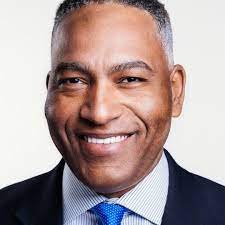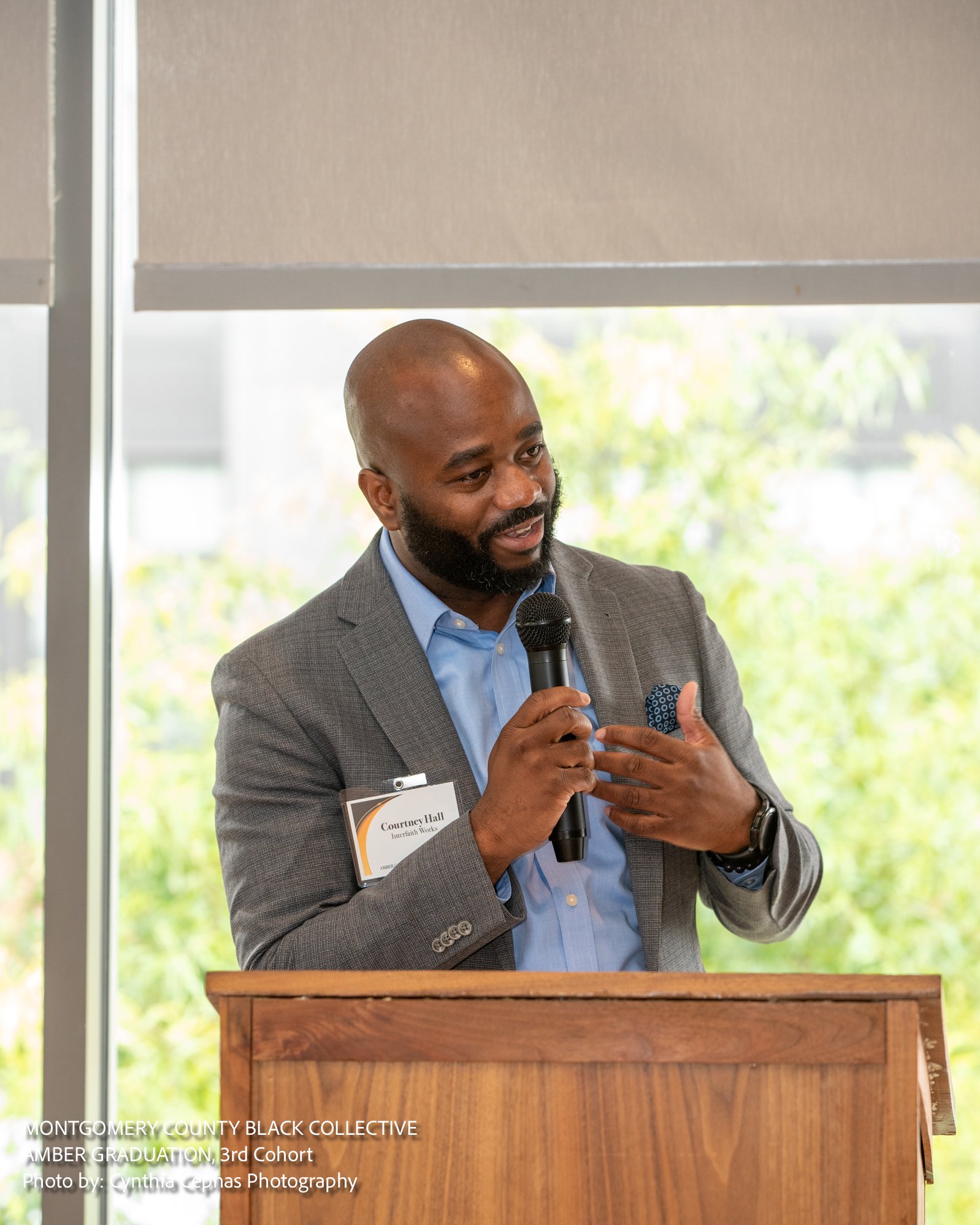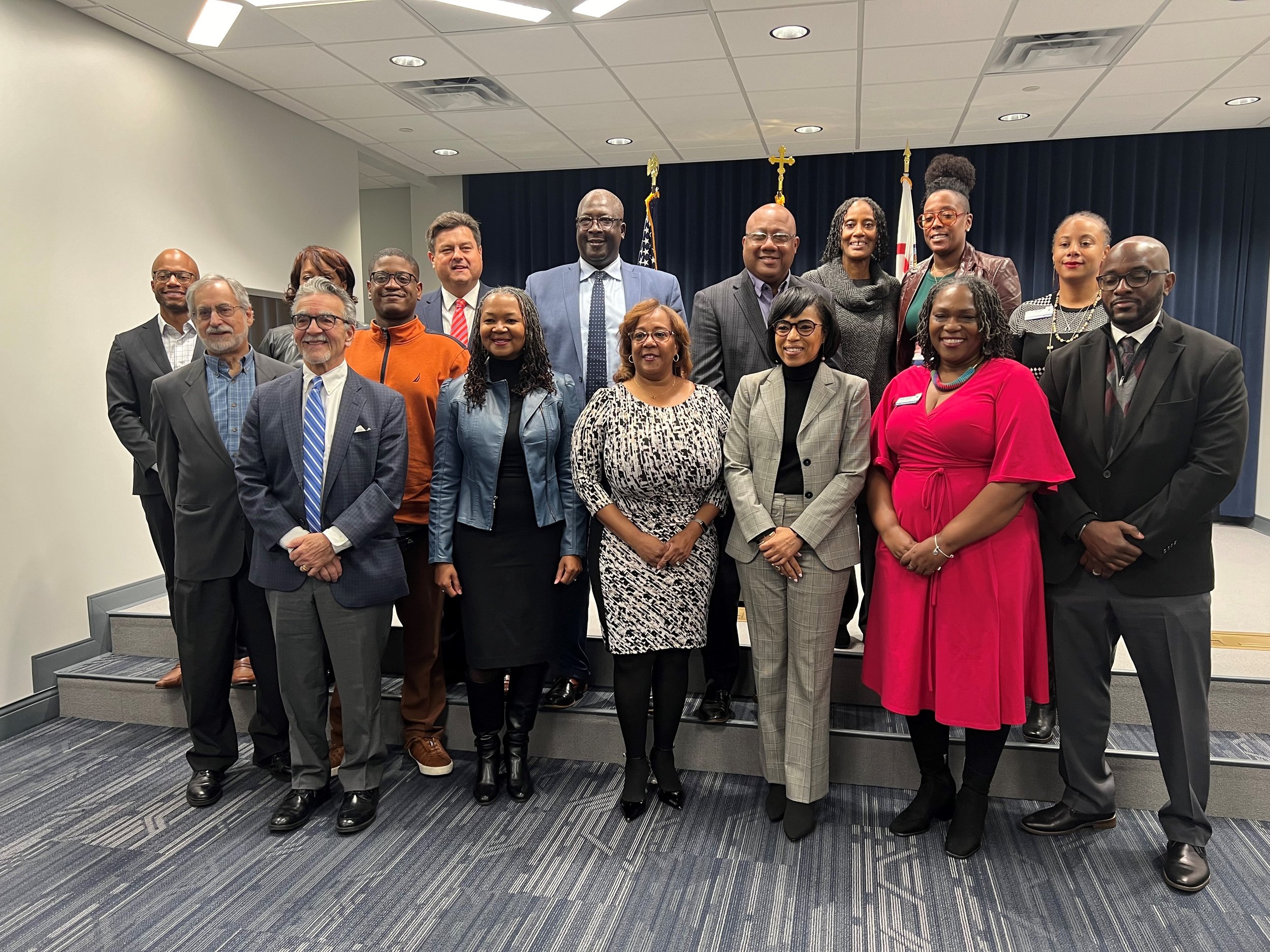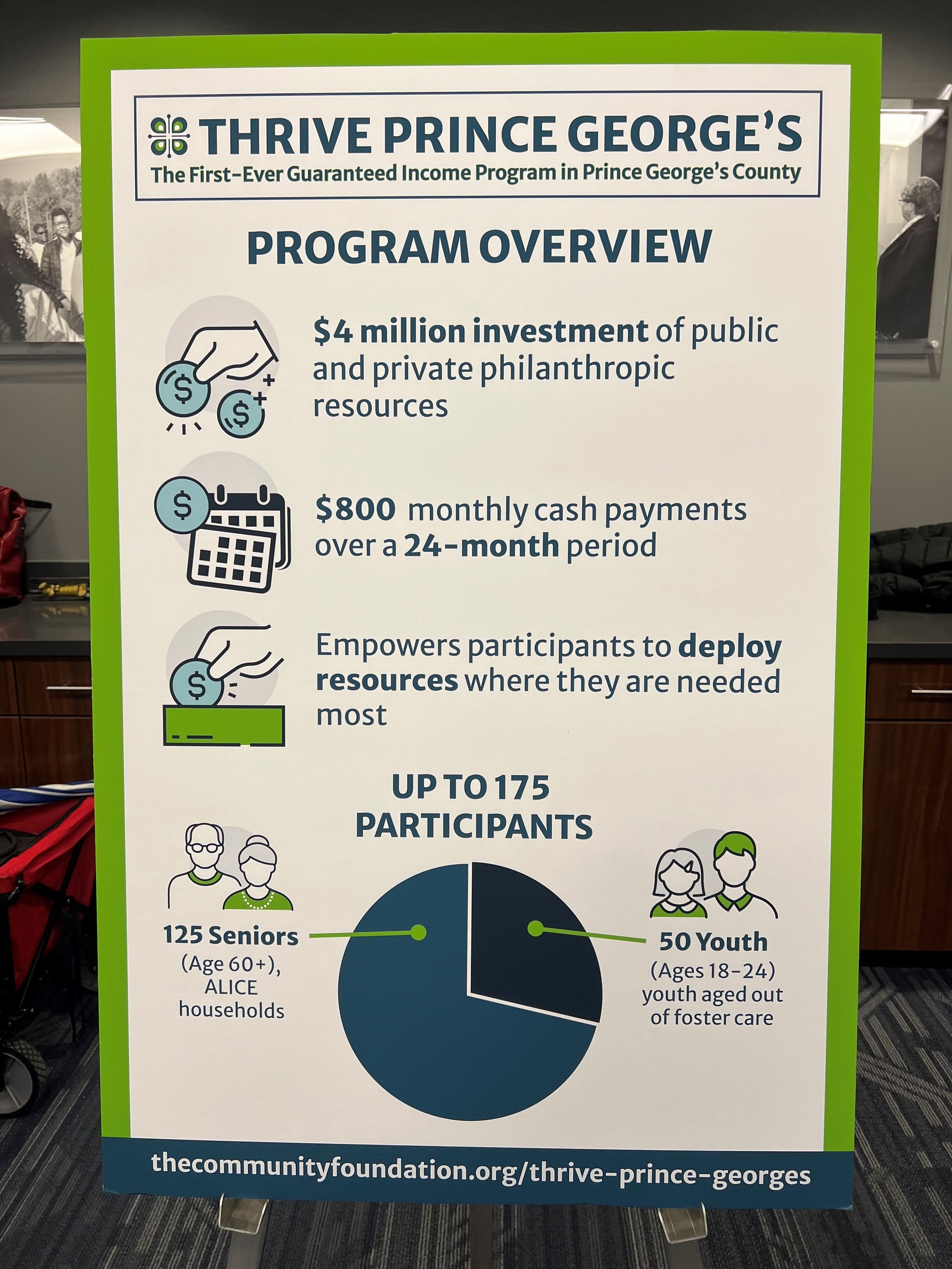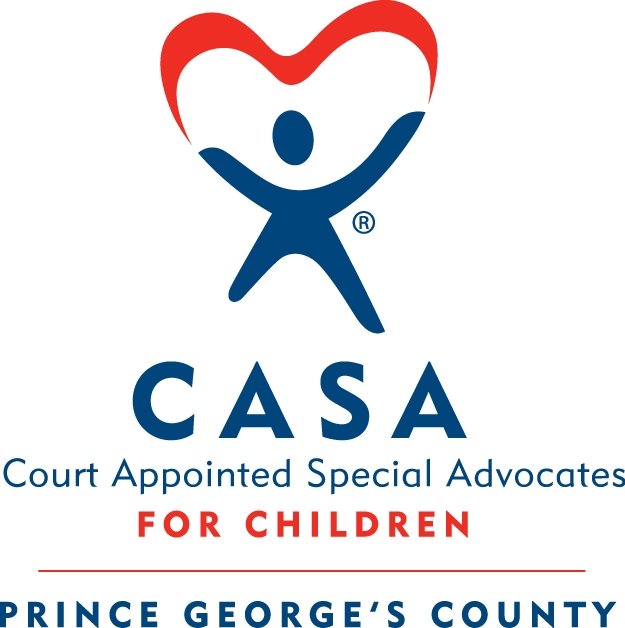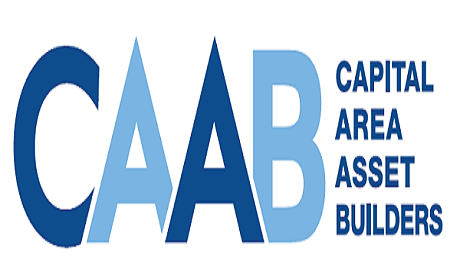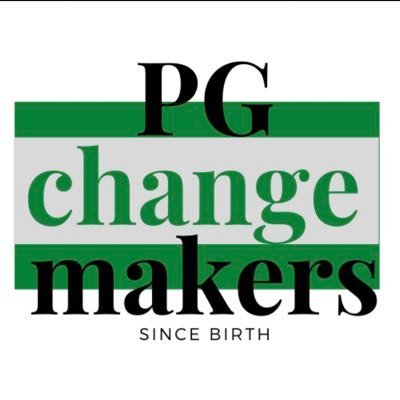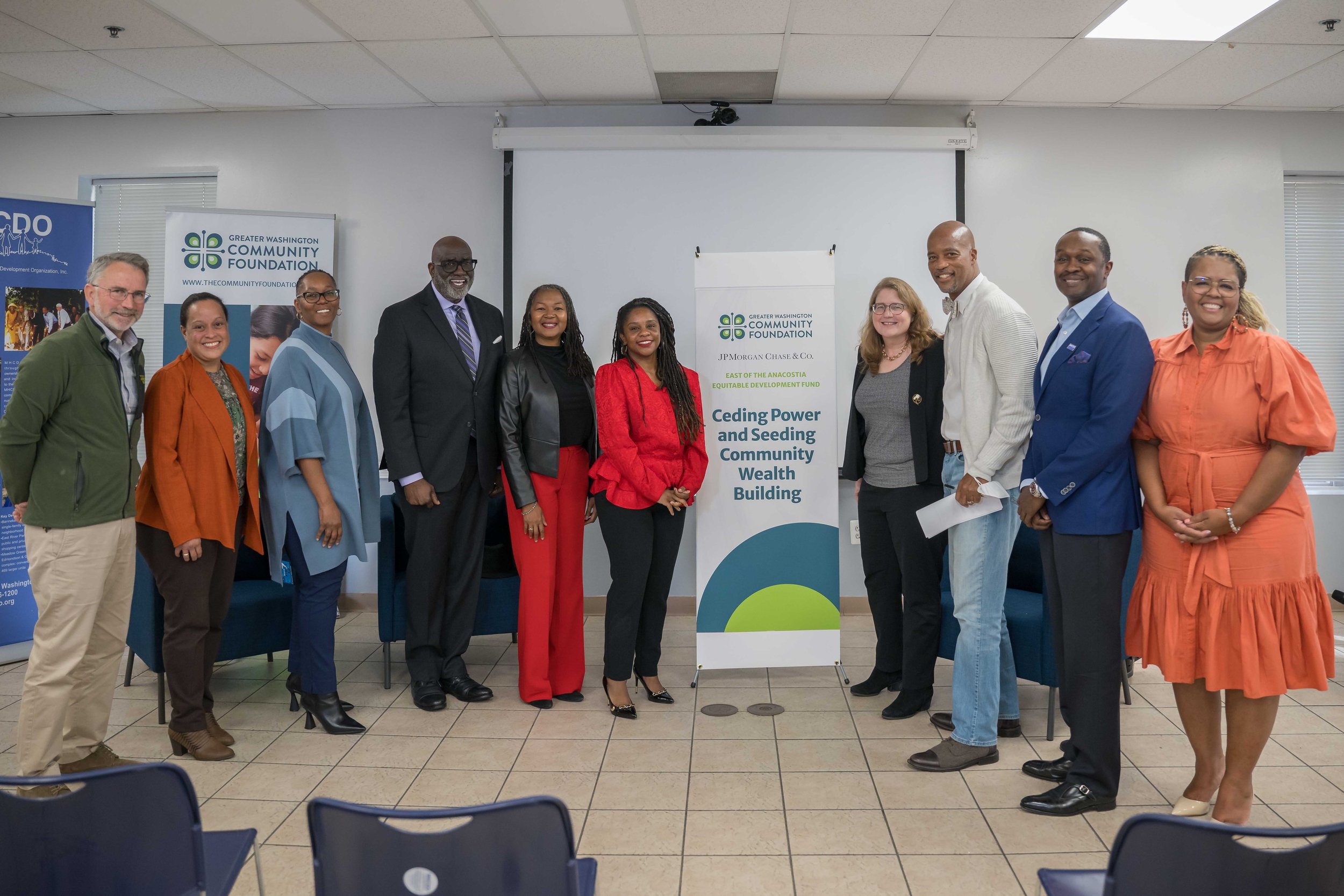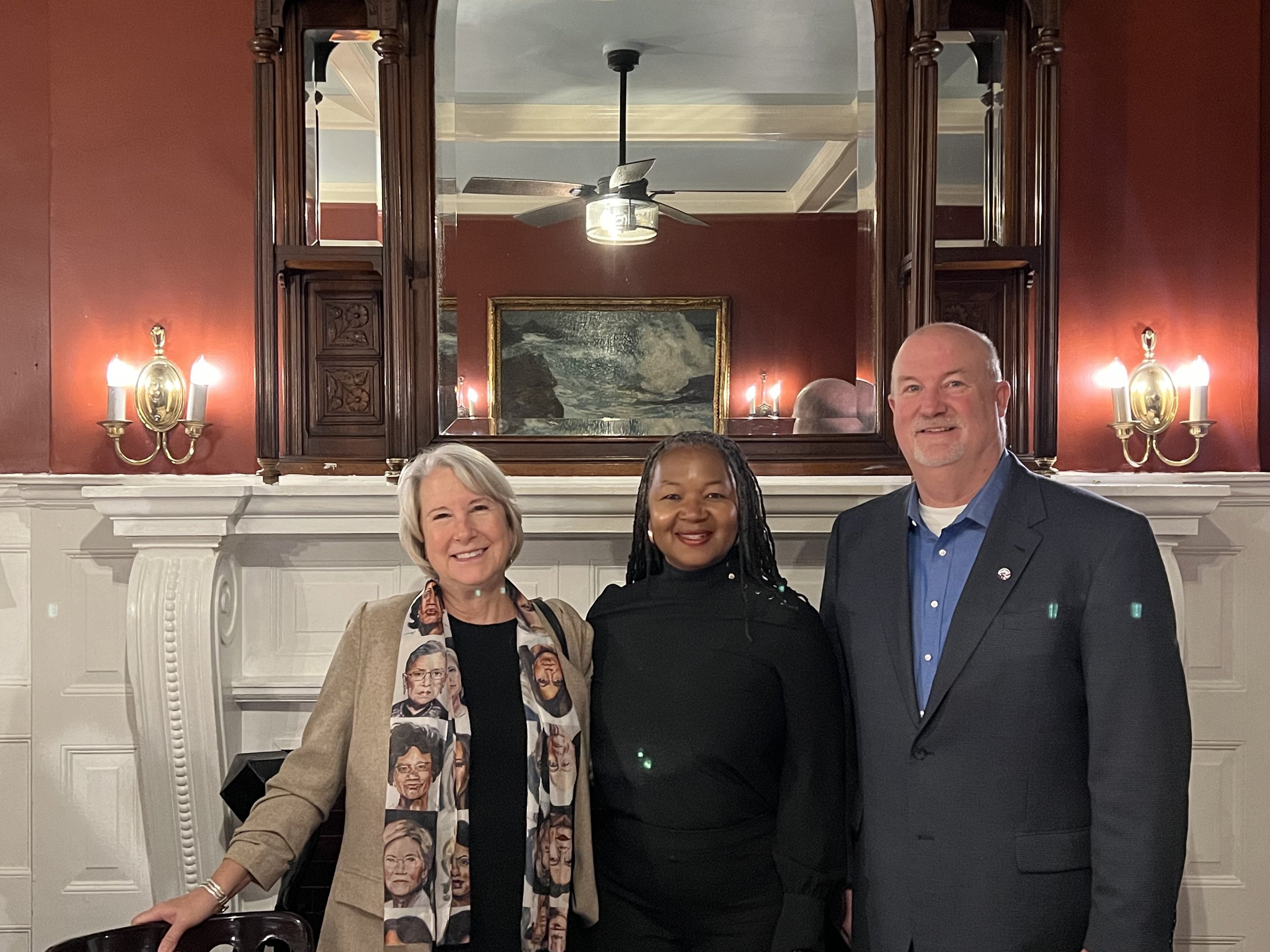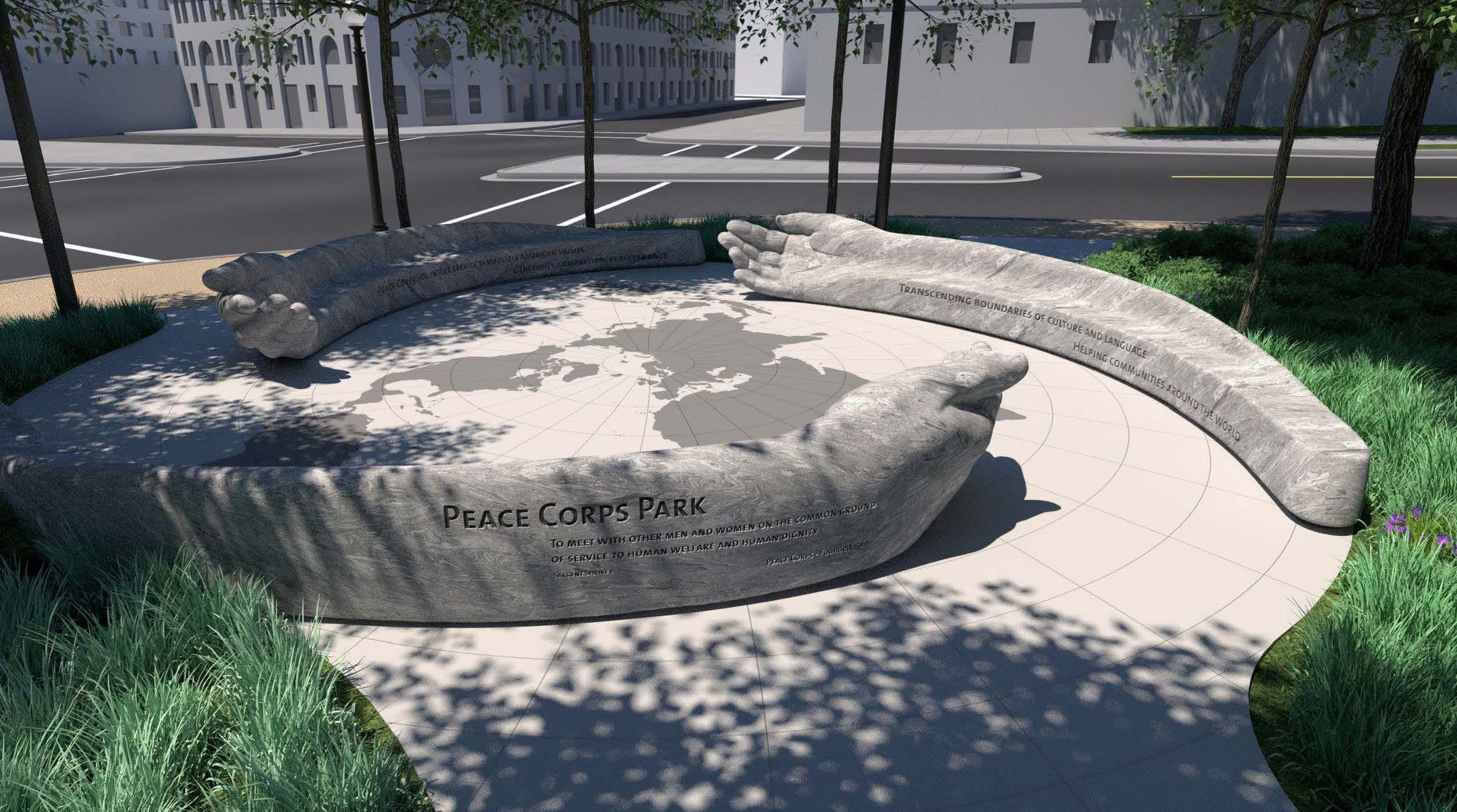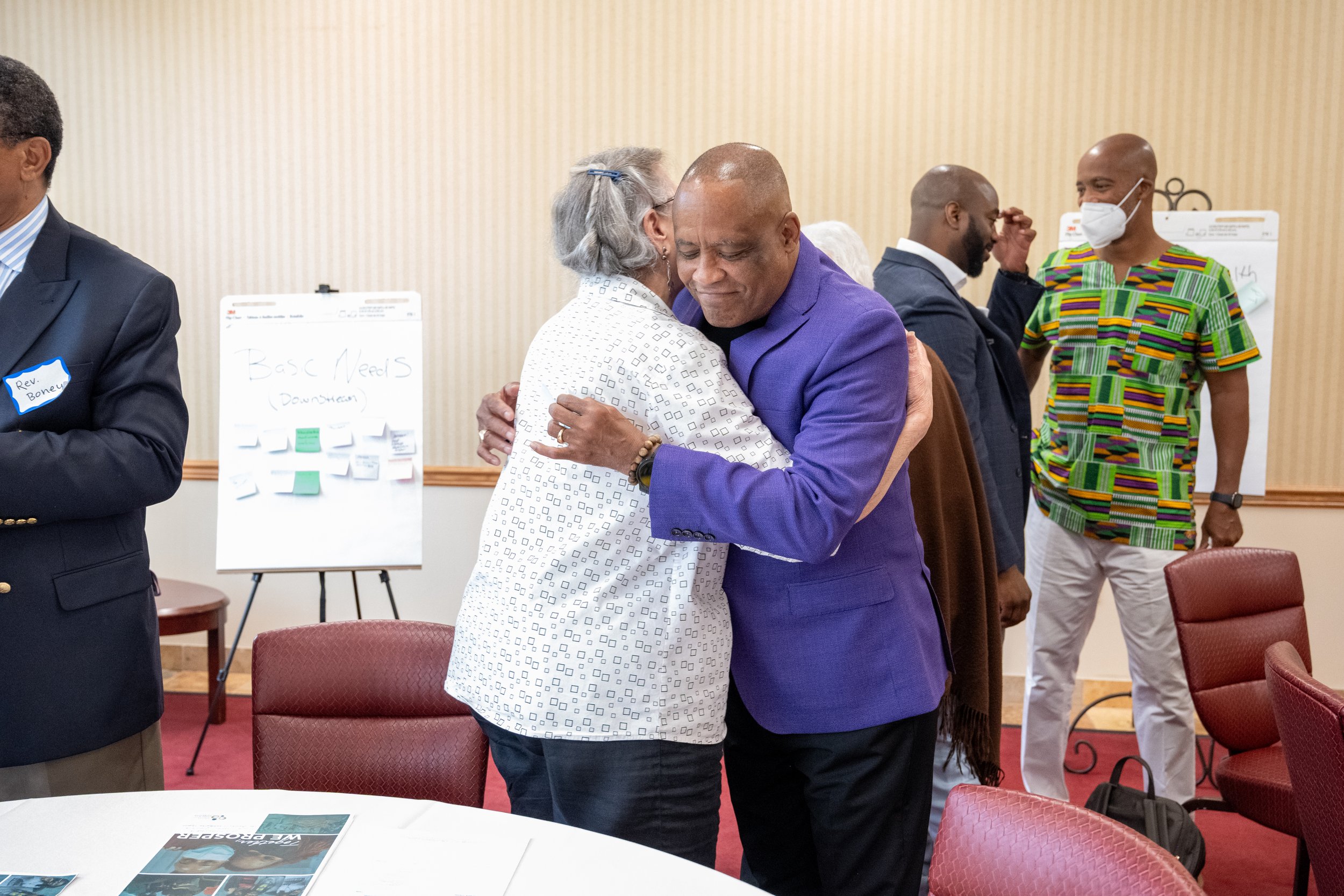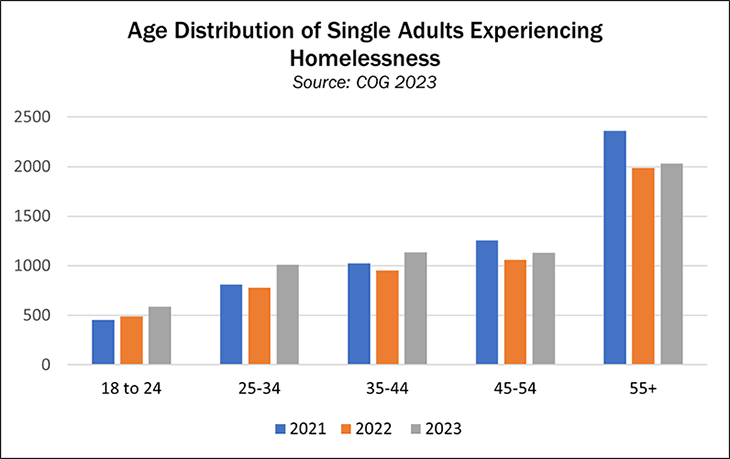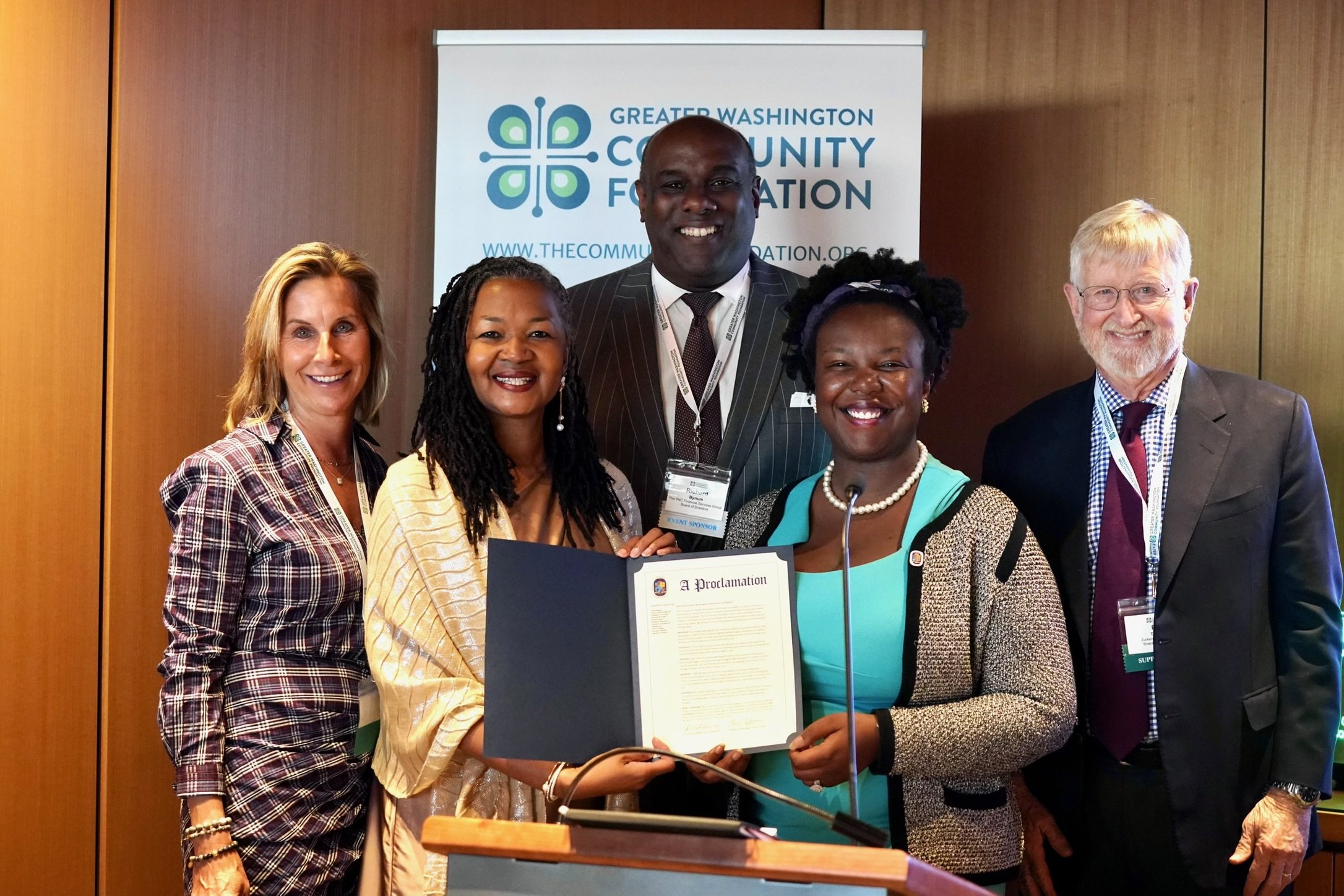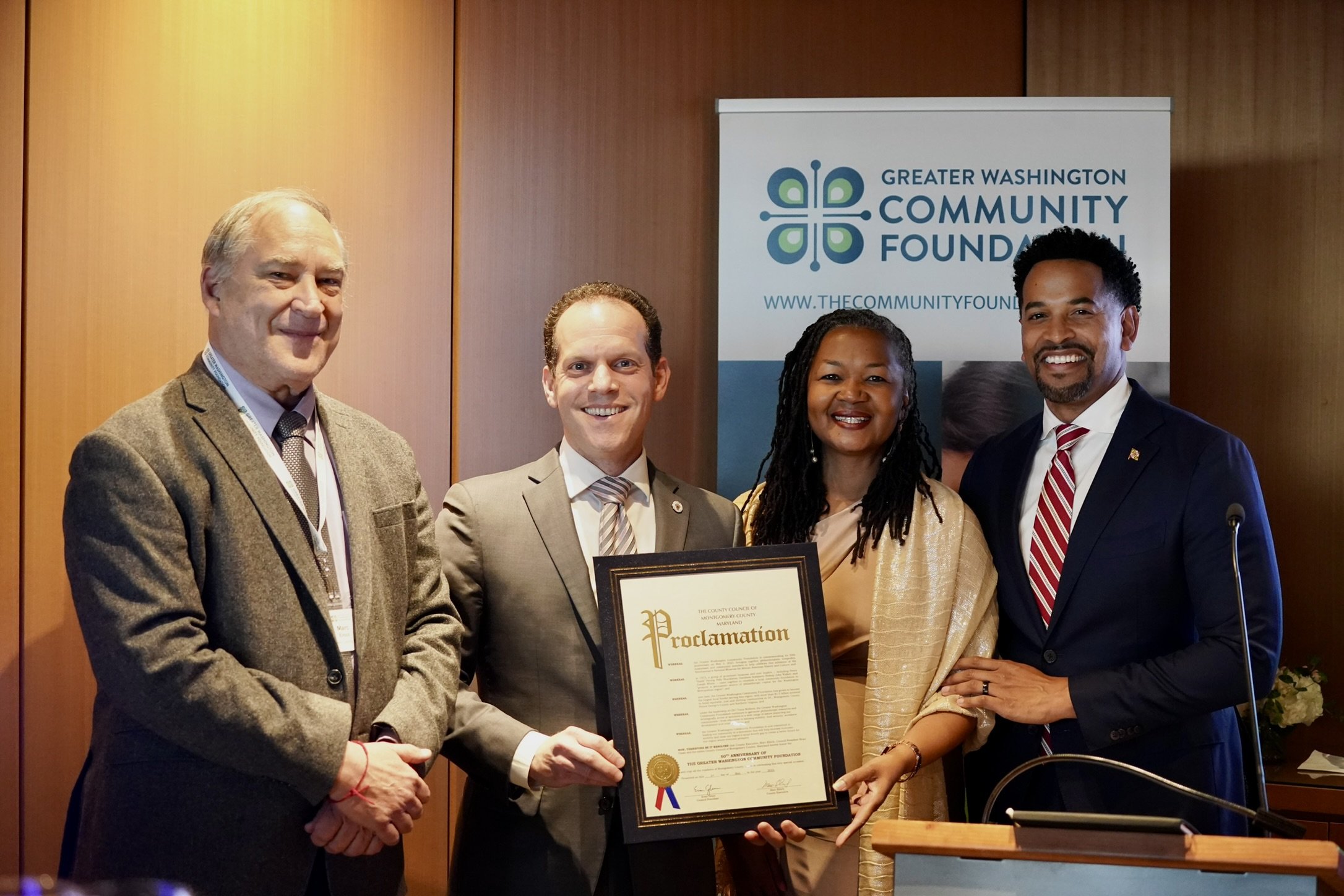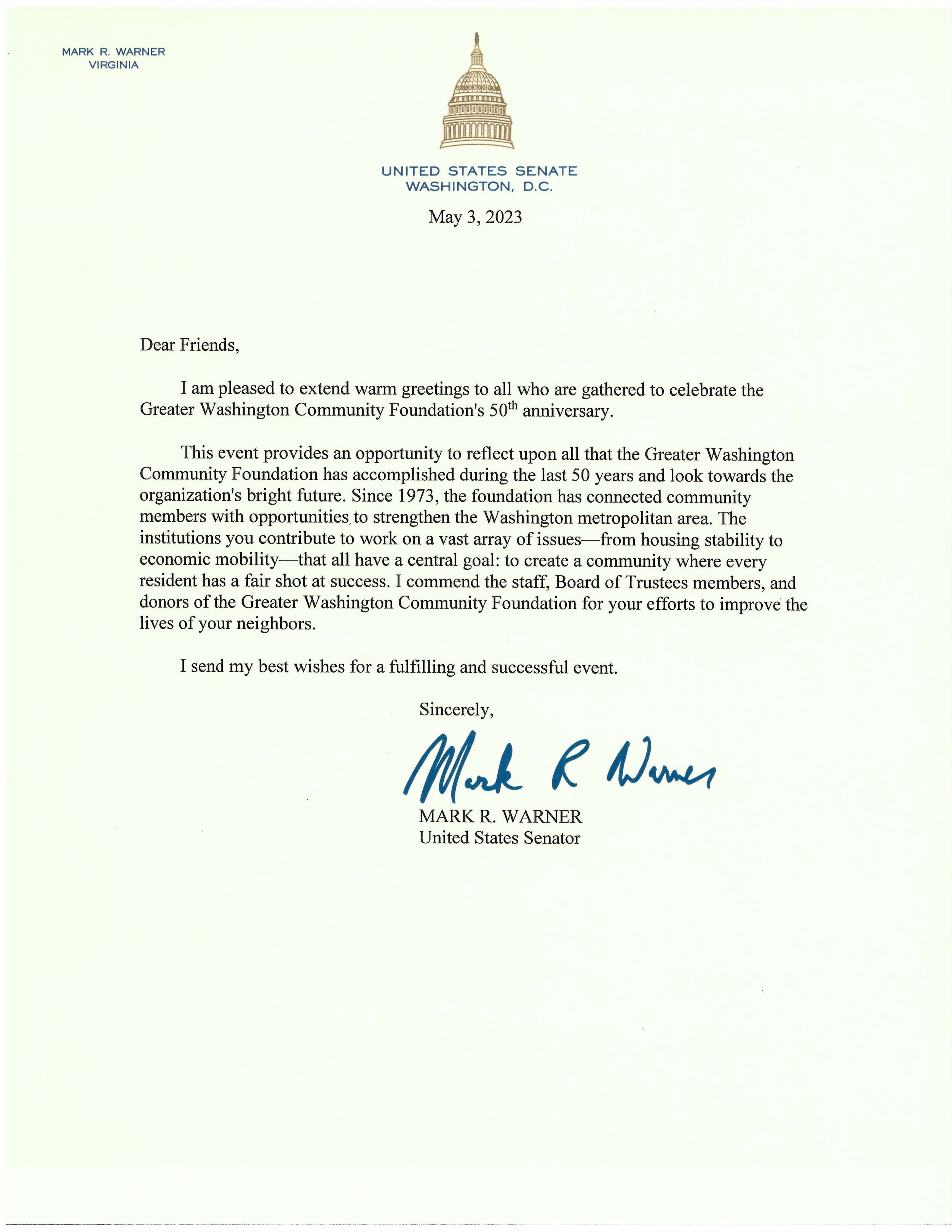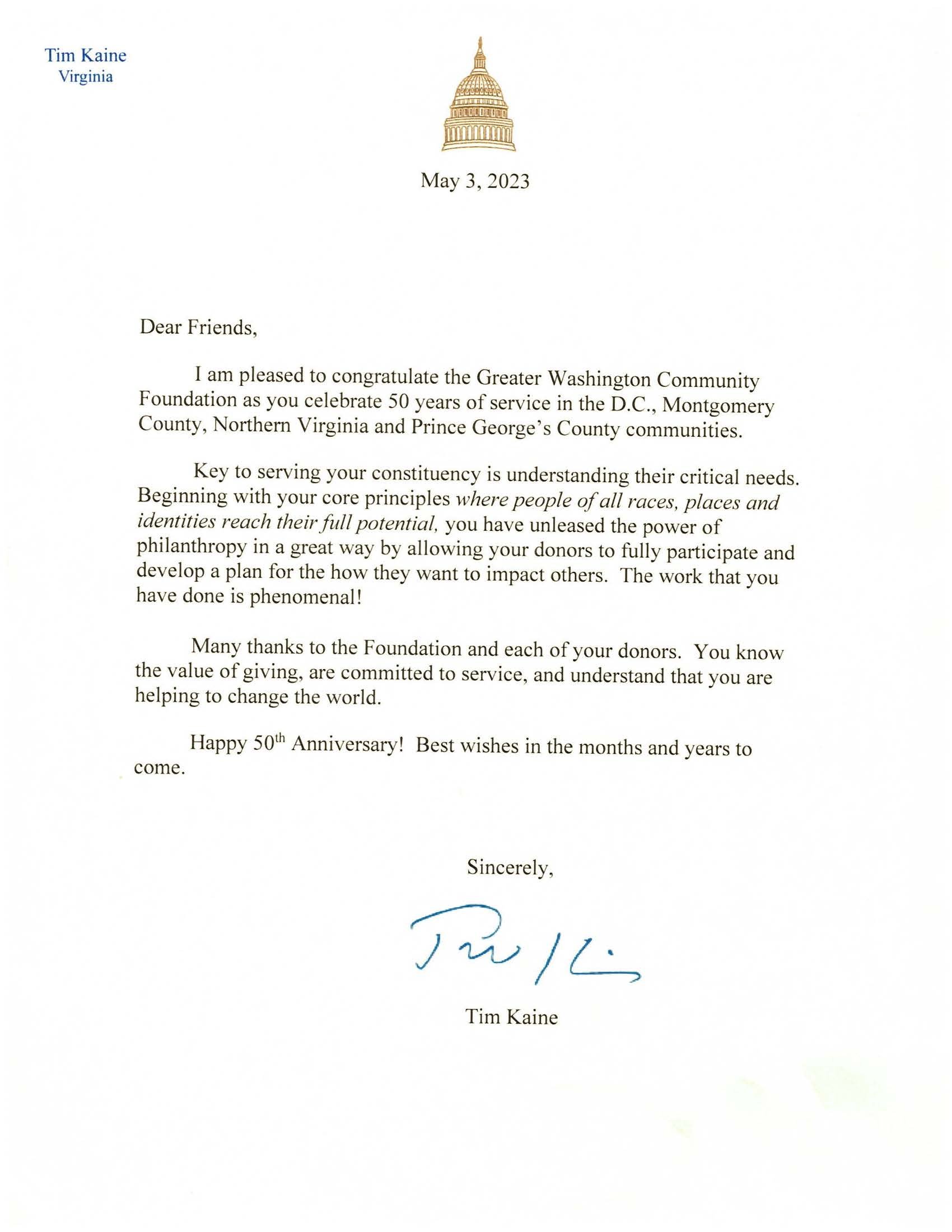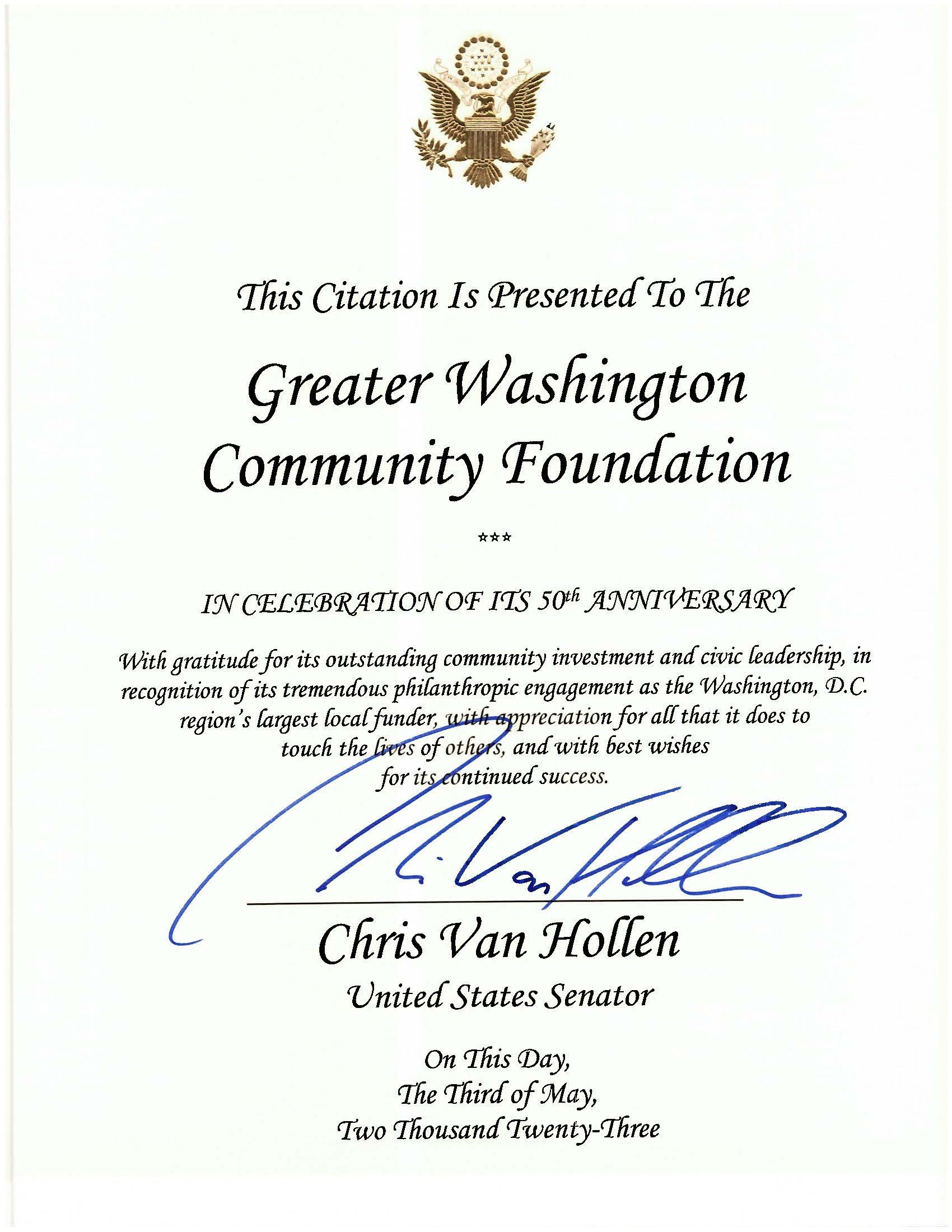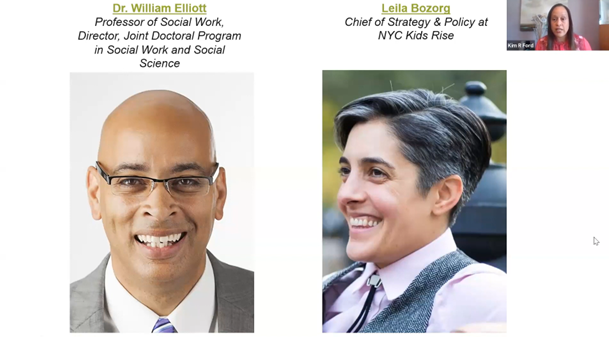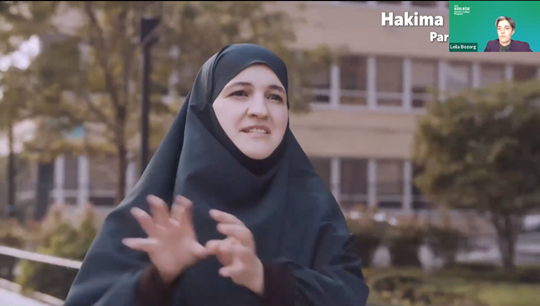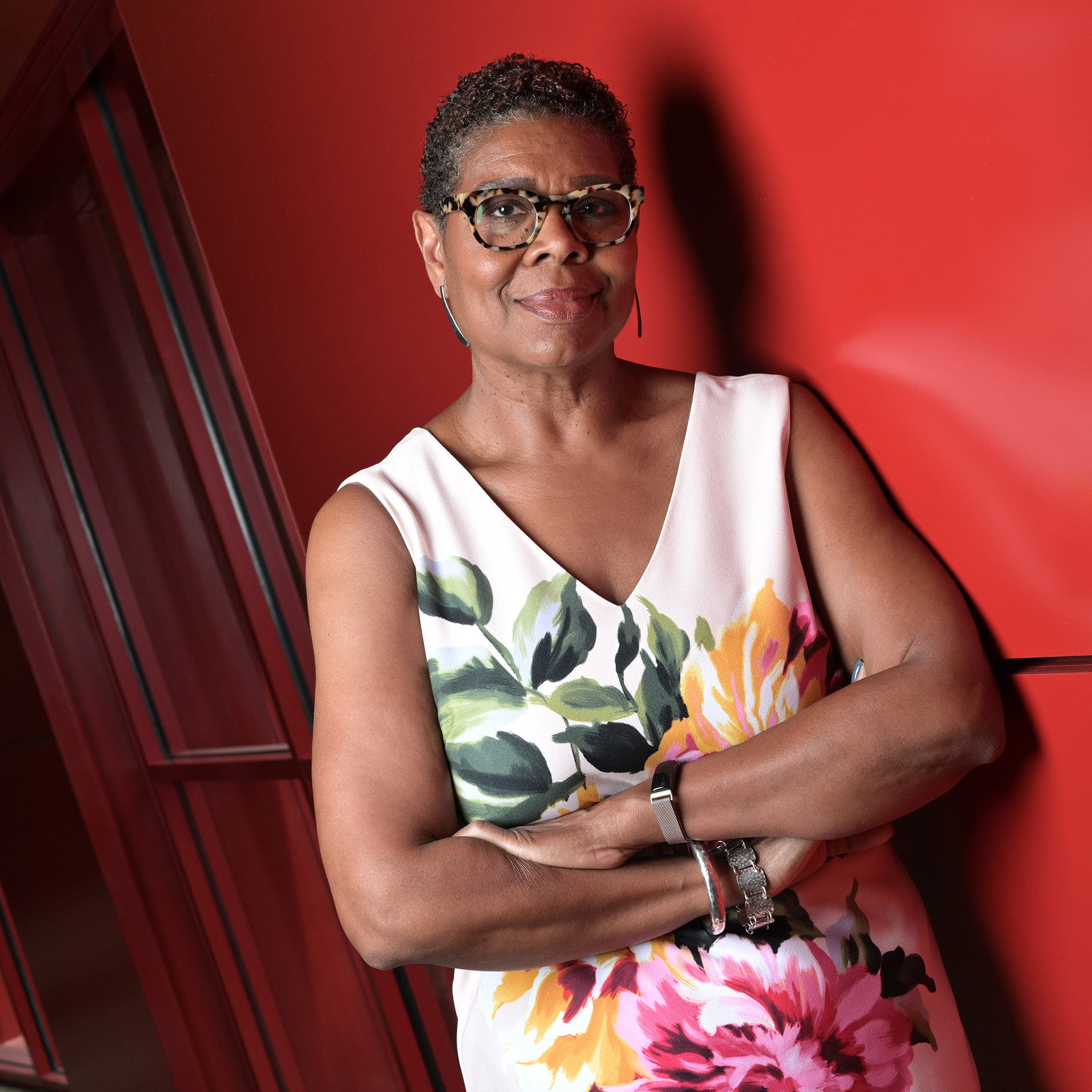The Greater Washington Community Foundation has been working with a coalition of foundation peers - The Partnership for Prince George’s — towards the purpose of dramatically increasing philanthropic investment in Prince George’s County.
We have partnered with Prince George’s Suite Magazine to produce a special edition magazine on economic justice in Prince George’s County. Below is an excerpt from the opening statement, An Agenda for Economic Justice in Prince George’s County
Closing the Racial Wealth Gap
Having just celebrated what would have been Dr. King’s 95th birthday, we once again remember him as one of this nation’s most courageous truth-tellers. The words he spoke are as true today as they were when he first penned them just a year before his assassination in 1968. He invited the nation to incisively see the precarity of its place in history, as the country wrestled at the intersection of war, poverty, and persistent racism. His warning and his appeal to our higher morality and deepest ambitions were summed up in the choice that he puts before us:
“Chaos or Community.”
What Dr. King saw in his time; we see now in our own time. Prince George’s County is in a moment where we must reckon with hard truths, courageously wrestle with difficult choices, and reimagine and pursue exciting possibilities that lead us to new reality of shared prosperity and economic justice in the county.
“We are now faced with the fact that tomorrow is today. We are confronted with the fierce urgency of now.”
“Prince George’s Proud”
There is much about the county that supports the pride we feel.
We’re passionate about education with a 2-year college, Prince George’s Community College, and five 4-year colleges/universities including the University of Maryland, the state’s flagship campus and one of the nation’s preeminent public research universities, and Bowie State University, Maryland’s first historically black public university.
The county plays host to numerous federal agencies including Joint Base Andrews, NASA Goddard Space Center, and headquarters to both the Census Bureau and the US Citizenship and Immigration Services agencies. And we await the Federal Bureau of Investigation’s impending move.
We are a regional entertainment, leisure-time destination- home to MGM National Harbor, National Resort & Convention Center, FedEx Field and the Washington Commanders. We are also known to have a vibrant and diverse faith community that includes 12 predominantly African American “mega churches” (greater than 2,000 congregants) that draw the faithful from around Maryland and neighboring states.
We can boast a first in Maryland history when in 2018 the county elected its first woman and first African American woman to the office of county executive. And just last year, Prince George’s County was instrumental in voting in the state’s first African American governor.
We are home to nearly 1M residents with over 14,500 businesses -- 400 of them employ 100 or more workers, helping to establish record low levels of unemployment.
Yes, we are “Prince George’s Proud” yet understand there is much work to be done so that all our neighbors and friends can realize their full potential and greatest aspirations.
We are a County at a Crossroads of Opportunity
While Prince George’s continues to be one of the wealthiest Black Counties in the country, there remain pockets of residents faced with significant social, economic, and health challenges. The 2008 financial crisis, the COVID-19 pandemic, and the reality of historical and structural racism revealed the precarity of our collective socio-economic circumstances and revealed gaps across key quality of life indicators including family savings, home equity, life-expectancy, the overall health of our populace. Recovery from these losses in Prince George’s County has been slow.
We contend that these are signals that invite us to name and transform the deeper historical, institutional, and systemic realities that come with being a majority Black—and increasingly Latino County in the nation’s capital region.
Following Dr. King’s admonition, we reject the idea of chaos. We choose community! We contend that this is a moment when we must turn to each other and work together to build an even stronger Prince George’s County for everyone.
As we take steps toward strengthening our philanthropic partnership we commit to engage in disruptive and innovative actions that we hope will inspire even greater partnerships, collective action, more investment into community-based organizations, places, and people, who are struggling the most. Our initial areas of focus include:
Framing a New Narrative. Shaping and amplifying a new narrative in Prince George’s County that is grounded in the lived experiences and deepest aspirations of all our people. This narrative will honor those whose sacrifice and ideas gave rise to the Prince George’s that we know, love, and support today, challenge the status quo, speak to who we are and who we want to be and inspire us all to act in the best interests of each other and a future where we can all prosper together.
Centering People and Neighborhoods. As we pursue an agenda for Economic Justice in Prince George’s County, we believe that by centering the leadership and ambitions of the most economically isolated people in the county and focusing our change efforts in the places where they live, we will create the kind of catalytic change that will benefit all of us and shatter the barriers that reinforce isolation. In other words, when those who are struggling the most do better and thrive—we all do better and thrive.
Exponentially Increasing Public, Private, and Philanthropic Capital. We are committing more philanthropic presence and dollars to help grow and advance Economic Justice work in Prince George’s County. We intend to marshal financial and social capital of resources from among our six organizations to leverage a broad range of additional capital resources—to include new sources of public and private funding, cross- sector partnerships, a strong nonprofit sector, growing influence, and an aligned public will—all in pursuit of an economically just future in Prince George’s County.
Field Building and Capacity. Growing the field of support systems and networks is key. We will identify and resource a cohort of nonprofits and individual leaders working on economic justice initiatives.
Creating Disruptive Innovations and Interventions. We will seek to pool and align funding that supports disruptive and innovative pilots that can move the county toward an economically just future.
Impact for True Change. Consistent investment and efforts in the areas described above can only lead to success creating a county report card that will significantly mark our progress toward a truer economically just Prince George’s County.
A Bias for Action?
“Why should there be hunger and privation in any land, in any city, at any table, when man has the resources and the scientific know-how to provide all mankind with the necessities of life?” - Rev. Dr. Martin Luther King, Jr., Where Do We Go From Here: Chaos or Community?
As Dr. King put the choice of Chaos or Community in front of us, he also offered a potential solution -- guaranteed income—an approach where people receive regular cash payments to help them meet their basic needs.
In the wake of the COVID-19 Pandemic, many local governments and philanthropic entities have answered Dr. King’s call – launching more than 100 guaranteed income pilots in communities across the country.
With initial investments from the Community Foundation and Meyer Foundation, the Partnership for Prince George’s is proud to have designed and launched a pilot—Thrive Prince George’s—in partnership with the Prince George’s County Council and the County Executive. Over the next two years, this initiative will provide monthly payments of $800 to a group of low-income seniors and youth who have aged out of the foster care system. Our goal is to demonstrate that guaranteed income, as a strategy to support economic mobility, is one of the most promising approaches to lift people out of poverty and provide greater economic stability for families.
Our commitment to action has instigated several other initiatives that will move us toward becoming a more economically just Prince George’s County. We look forward to sharing more information in the coming months.
We must reflect, discern, choose, and act with courage, resolve, and expediency. We are partnering with Prince George’s Suite Magazine to circulate a special edition dedicated to “An Agenda for Economic Justice in Prince George’s County.” We look forward to sharing and discussing this content, as we build momentum and alignment around this collective work.
Join us as we work to build a stronger Prince George’s County for everyone!
Greater Washington Community Foundation,
Tonia Wellons, President & CEO
Bank of America Foundation
Derrick Perkins, Market Executive
if, A Foundation for Radical Possibility
Hanh Le, Co-CEO
if, A Foundation for Radical Possibility
Temi F. Bennett, Esq., Co-CEO
Cllctivly
Jayme Wooten, Founder & CEO
Meyer Foundation
George L. Askew, M.D., President & CEO
United Way of the National Capital Area
Ian Gordon, Vice President Community Impact & Engagement
————————————————————————————-
Please direct inquiries to Darcelle Wilson, Greater Washington Community Foundation, Senior Director, Prince George’s County at [email protected].
Click here to read the original article, as published in PG Suite Magazine.
The Community Foundation is also excited to host a series of three conversations around Economic Justice in Prince George’s County. The first conversation will take place on Wendesday, March 27, 2024 from 10-11:30 a.m. Click here to register to join!


